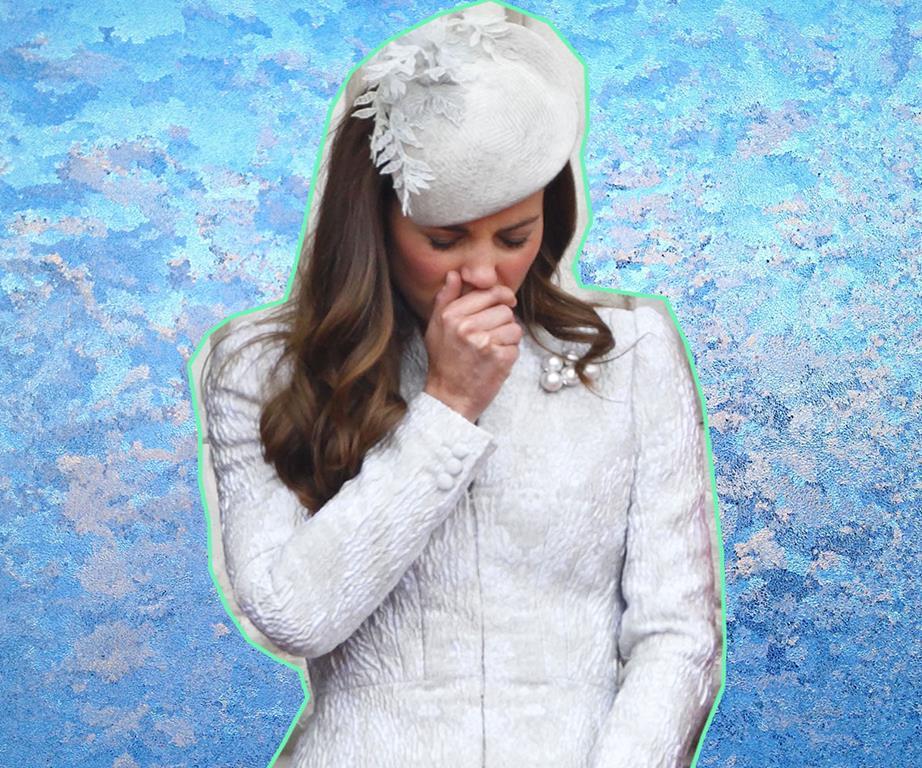With spring now sprung, say hello to hay fever season. At this time of year, increased pollen in the air from grass, trees and weeds can cause sneezing, itchy eyes and a runny nose for one in five of us. But a few lifestyle tweaks could keep a lid on things. Dr Melanie Wong from the Australasian Society of Clinical Immunology and Allergy shares her tips.
Give the dog a wash
Thanks to all that roaming and rolling around outside at this time of year, pets bring pollen indoors. Limit their ability to set off your sneezing by making sure their bedding is freshly laundered and they have a bath more often than usual.

Close the windows
Blocking your exposure to allergens is your first line of defence, so shut your home and car windows – especially early in the morning or late afternoon, says Melanie.

Don’t rub your eyes
Your eyes are extra-sensitive to allergens – and rubbing them can cause inflammation and make itching worse. Instead, rinse irritants out with water.
Swap your apple a day for a kiwifruit
Vitamin C is a powerful natural antihistamine and kiwifruit are a rich source, along with pineapple, broccoli and capsicum.

Wash your hair before bed
“If you’ve spent the day outdoors, shampooing can get rid of any allergens you may have picked up,” says Melanie. Be sure to dry hair as a damp pillow can encourage mould – another common irritant.
Get green thumbed
Make your garden a no-sneeze zone by growing plants pollenated by insects rather than wind. Visit allergy.org.nz for advice on types to avoid.

If all else fails …
Use an over-the-counter remedy. “Antihistamines and nasal sprays are both safe and effective against hay fever symptoms,” says Melanie. For extreme or long-term hay fever, ask your doctor about immunotherapy.
“Treatment takes about six months to work and involves regular allergen injections for up to five years.”

